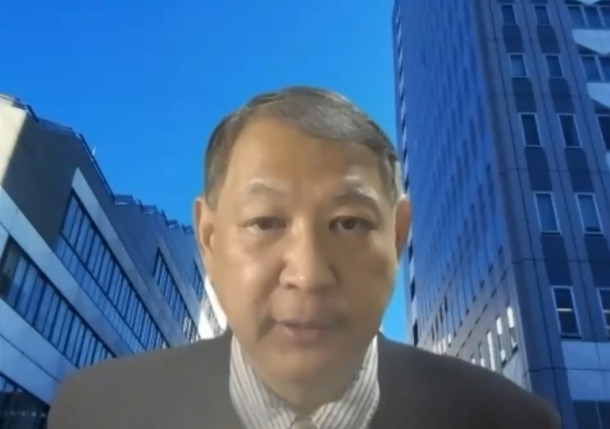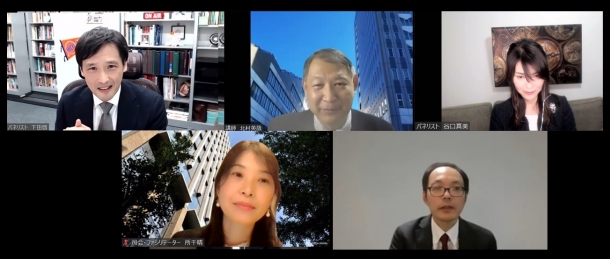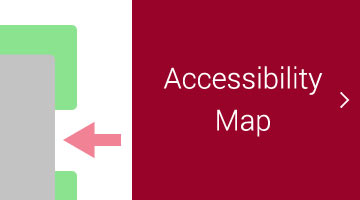The symposium noted in the above title was held online on October 22, 2021, with the participation of 215 students, faculty and staff. Here is an outline of the keynote speech by Hideya Kitamura, a professor of the Faculty of Sociology, Toyo University.
 I will start the lecture by arguing that, for the common good, everyone should respect basic human rights and human rights must not be neglected, and I will use the term “bias” for all acts contrary to this. The problem is human rights violations. It’s also called microaggression—with a little word or act, you may think that it’s not such a big discrimination, but you may slightly infringe on human rights, and I would like to think about this problem in which the doers themselves are not aware of it at all.
I will start the lecture by arguing that, for the common good, everyone should respect basic human rights and human rights must not be neglected, and I will use the term “bias” for all acts contrary to this. The problem is human rights violations. It’s also called microaggression—with a little word or act, you may think that it’s not such a big discrimination, but you may slightly infringe on human rights, and I would like to think about this problem in which the doers themselves are not aware of it at all.
Through the Implicit Association Test that the participants have also experienced we will find out how much one is influenced by the stereotypes of the world, whether one has a highly discriminatory attitude or not, and by measuring the magnitude of discrimination we will demonstrate what kind of education and intervention can effectively reduce discrimination. Measurement is necessary to prove it, and this is the way of thinking of the behavioral science called psychology.
Bias contributes to inequality
When a high school girl says, “I want to study science at university,” parents and high school teachers advise, “There aren’t many girls who study science, wouldn’t it be better to study liberal arts?” This can be called unconscious bias, prejudice, or discrimination. As a result, high school girls who want to pursue science are dragged down, and the number of female students going on to the School of Science and Engineering is decreasing. It is clear that this is affecting the gap between the ratio of female students in the School of Science and Engineering and the School of Letters in Japanese universities today. Another problem is “self-stereotyping,” which makes you think of yourself as a stereotype, saying, “I’m a girl, so I’m not good at math and science.”
We tend to think that men are better at math than women, but as a result of global research, in Scandinavian countries and Germany (which are advanced countries in gender equality) it is a fact that such differences in math grades between men and women have narrowed or disappeared. On the contrary, in countries where large differences in ability between men and women are found, those differences are evidence that gender discrimination is still significant.
The importance of fairness
Part of the problem, such as gender issues, in which only structurally specific social groups are always in an advantageous position in society, are thought to lead to human rights violations. In a world where compliance and rules, fair transactions and fair communication are extremely important, fairness must be considered seriously.
Countries and people who do not adhere to the renewed sophisticated fairness in the world are at risk of being despised in some cases and are respected by observing them. Even in an organization, a blunder can lead to a loss of trust and can lead to serious situations that affect the fate of the organization, such as brand damage and loss of popularity. The top of the organization needs to be aware of this and train members to prevent discrimination and unconscious bias, and if it does happen, apologize promptly and promise to prevent recurrence.
“Does the majority have to match the minority?” “Do majorities have to put up with minority care?” Some people feel this is like reverse discrimination, but I would like them to understand that supporting minorities makes it easier for everyone to live. There is also the idea of universal design. Respecting human rights throughout the world without violating them is the formation of a just society that leads to “respecting me as well.” I think we should strive for the creation of an environment where it is easy for both majorities and minorities to live in.




